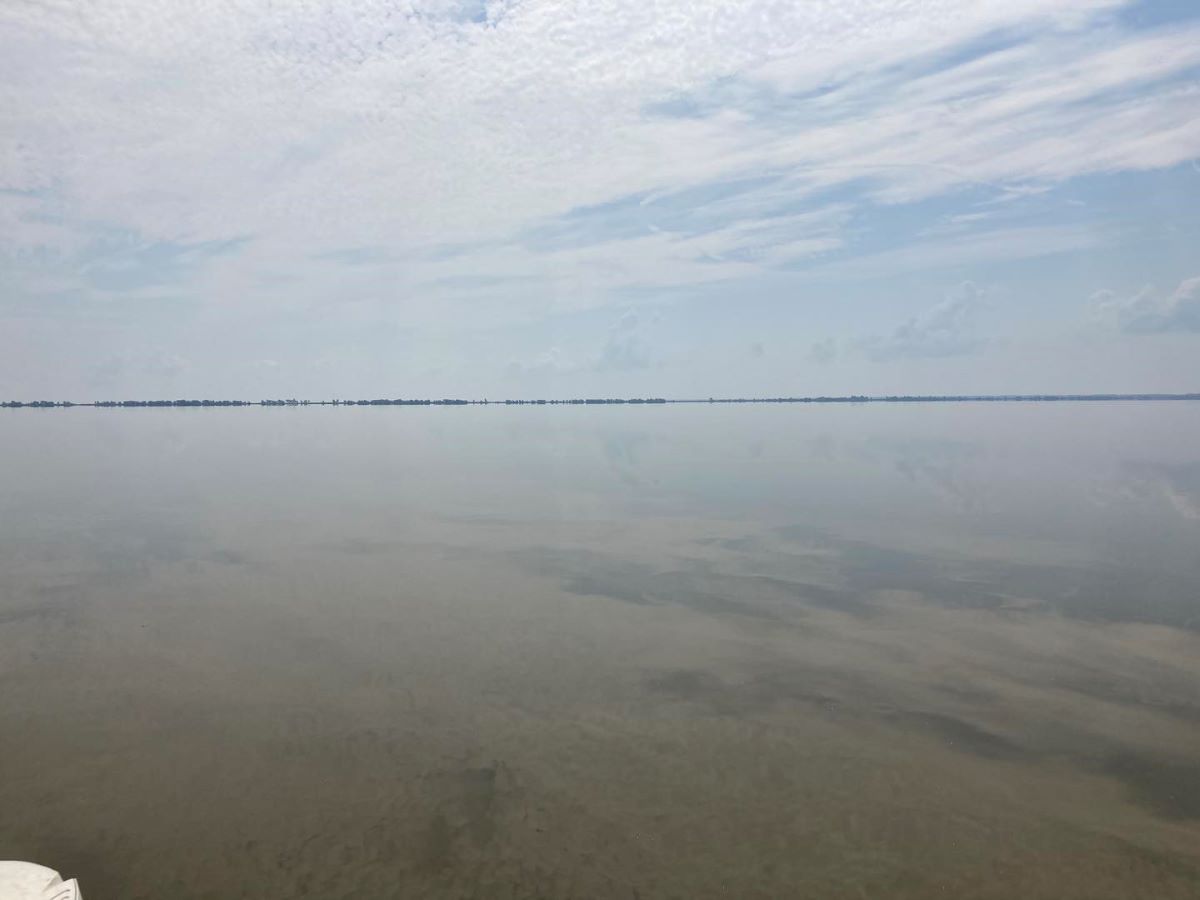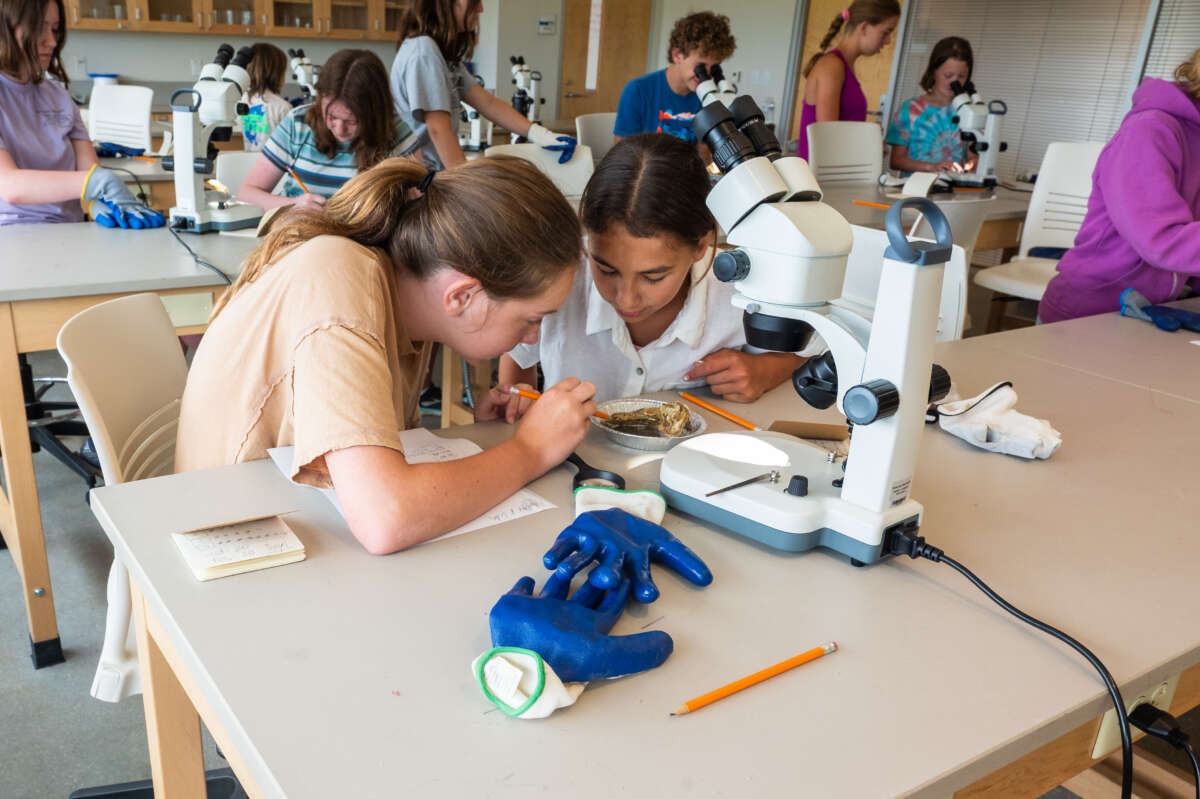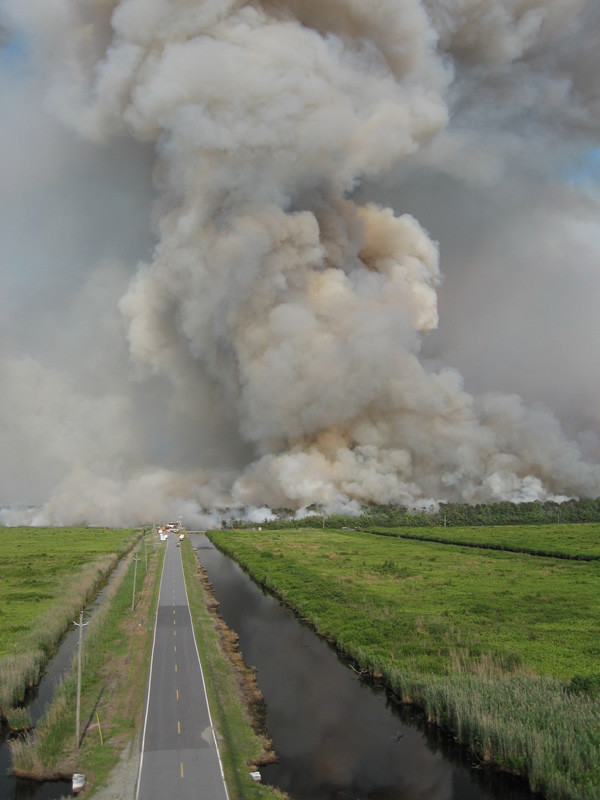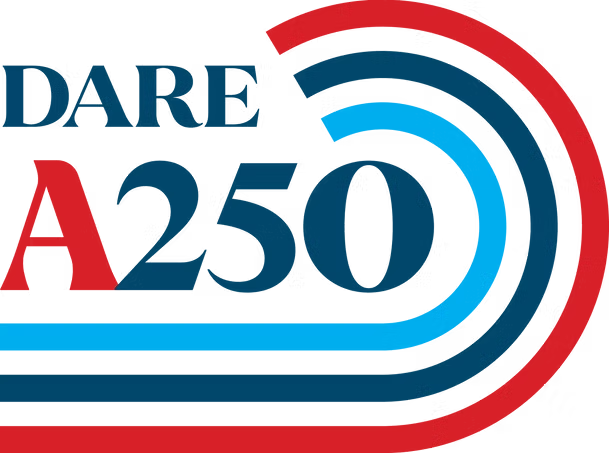
The state has signed off on a controversial pilot study of a pesticide’s effectiveness in combatting the troublesome and pervasive blue-green algae in Lake Mattamuskeet to begin next month.
The North Carolina Department of Environmental Quality said Thursday its Division of Water Resources had approved a certificate of coverage to allow BlueGreen Water Technologies to conduct a pilot study of a treatment for cyanobacteria within a limited area of the state’s largest freshwater lake starting June 1.
Supporter Spotlight
The certificate falls under the general permitting process for pesticide applications, DEQ said.
The pilot treatment is a collaboration with the University of North Carolina Chapel Hill’s Institute of Marine Sciences and the U.S. Fish and Wildlife Service. A 400-acre total of four isolated bays around the lake’s perimeter are to be treated. Officials said that amounts to 1% of the more-than-40,000-acre lake’s surface area.
Related: USFWS plans to chemically treat part of Lake Mattamuskeet
Environmental advocates have warned that the treatment imperils migrating waterfowl for which the Mattamuskeet National Wildlife Refuge is known.
The lake comprises most of the refuge, which is managed by the Fish and Wildlife Service, which issued a final environmental assessment for the cyanobacteria treatment in March, along with a finding of no significant impact.
Supporter Spotlight
Officials say the formed-pellet product is safe once dissolved in water.
Permit files are available online.
The certificate of coverage requires monitoring data to be provided to the Institute of Marine Sciences, and to be made available to the division.
Officials noted that the lake’s water quality and clarity had been in decline due to the flow of excessive nutrients, such as nitrogen and phosphorus, and other factors. In 2016, the lake was listed on North Carolina’s 303(d) list for elevated acidity, or pH, and chlorophyll a.
For more information about harmful algal blooms in North Carolina, or to report an algal bloom or fish kill, find information about the DWR Algae Lab online.







